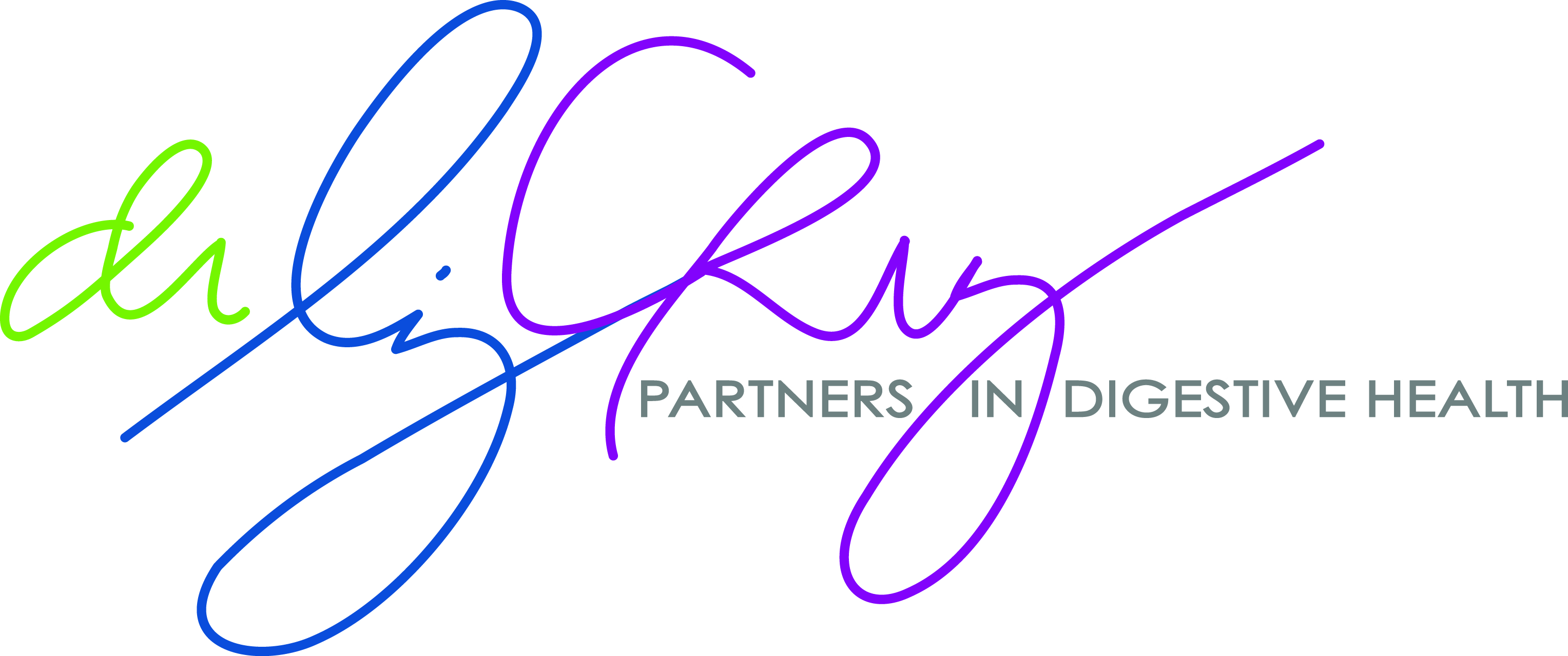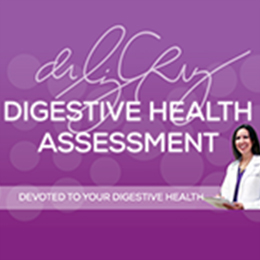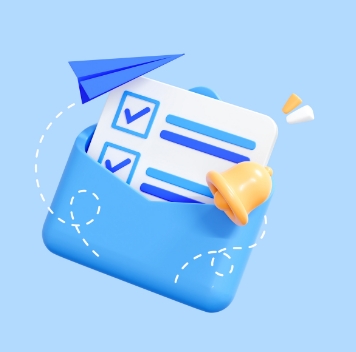Capsule Endoscopy is a procedure that involves swallowing a small imaging capsule the size of a large vitamin pill. It will move naturally through your digestive system while taking pictures of the intestine. It transmits images wirelessly to a portable computer worn on the patient’s waist. The study duration is approximately 8 hours. The anatomy of interest is primarily the 20 or so feet of small bowel that can’t be reached by either an endoscope or colonoscope.
Reasons for exam
Indications for the exam include the following:
- Obscure gastrointestinal blood loss
- Abnormal imaging of the gastrointestinal tract
- Chronic abdominal pain with reasonable suspicion of organic cause in the small intestine
- Chronic diarrhea
- Evaluation of Crohn’s disease
- Surveillance of polyposis syndromes
Preparation: the day before examination
You should drink only clear liquids for the entire day prior to the examination. Clear liquids include water, soda, fruit juice, black coffee/tea without sugar or milk, Jello, and clear chicken or beef broth. Avoid red liquids (cranberry juice, red Jello). Do not drink milk or cream. DO NOT eat or drink anything after midnight the night prior to your capsule endoscopy.
Drink 2 liters of Go-Lytely laxative the evening before the exam, starting at 4 P.M. It is important not to eat or drink anything for at least 6-8 hours before the exam. Follow the preparation instructions given at your physician’s office. Anticoagulant therapy need not be discontinued.
The procedure
Capsule endoscopy is usually performed first thing in the morning. Upon arriving to the office the morning of the capsule endoscopy study, the medical assistant will obtain an informed consent for the procedure. Next a sensory array (‘sticky patches’) is applied to the abdominal wall of the patient. The recorder device and battery pack is attached to a waist belt worn by the patient for the duration of the study. The capsule is then swallowed with water by the patient. The patient is given last minute instructions and then sent home. After swallowing the capsule, the patient cannot eat or drink for 2 hours. After 2 hours, the patient may drink water and take medications. After 4 hours, the patient may eat lightly. Later the same day, the patient will be instructed to return to remove the recorder device so the video can be downloaded into the computer. After completion of the study, the patient may return to a regular diet. The capsule should be spontaneously passed in the feces within 48 hours.
After swallowing the capsule and until it passes from the body, you should not be near any source of powerful electromagnetic fields such as one created near an MRI device or amateur (ham) radio.
Results
The video will be reviewed by the physician on a computer and a paper report generated, then sent to the referring physician. The patient will receive the results either over the phone or at a scheduled follow-up appointment.
Benefits
Detailed videoscopic examination of the small bowel up to this point has not been possible. Sources of bleeding and anemia within the small bowel can be discovered, and although cannot yet be directly treated with the capsule, may lead to definitive medical or surgical treatment.
Alternative testing
Alternative tests to Capsule Endoscopy include barium studies of the intestine. These tests are very insensitive for small bowel pathology.
Risks of procedure
Possible complications exist for any procedure. Capsule retention is the major concern and occurs with a frequency of 5%. Of these, < 1% require surgical retrieval. A second problem is delayed passage of the capsule resulting in termination of the recording before the capsule completes its journey through the small bowel.





